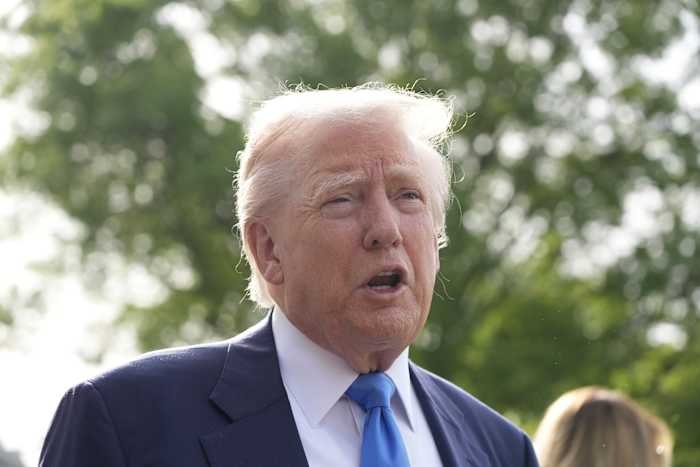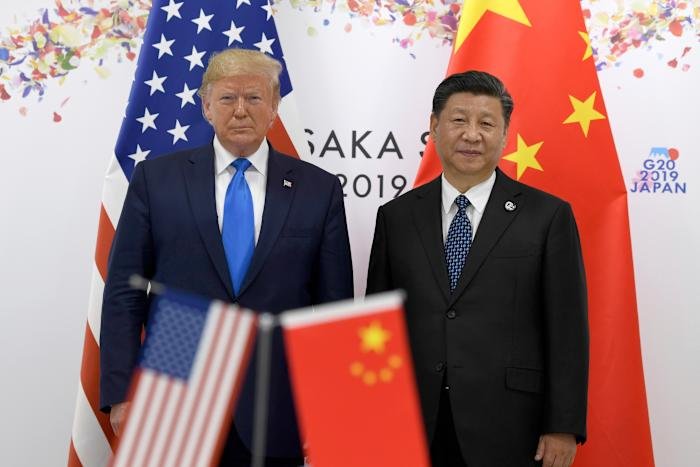President Donald Trump’s ever-changing tariff proposals have made waves across the country, and Orlando is no exception. As a city with a growing business sector, a vibrant tourism industry, and a diverse population, Orlando stands to be impacted in unique ways by the uncertainty surrounding U.S. trade policy. In this article, we’ll break down Trump’s latest tariff contradictions, explore how they influence Central Florida, and discuss what local businesses and residents can expect moving forward.
Understanding Trump’s Tariff Contradictions
Since his first campaign, President Trump has made tariffs a central pillar of his economic strategy, promising to protect American industries by imposing new taxes on imported goods. However, his messaging around tariffs has been anything but consistent. Over the past few months, Trump has alternated between threatening new tariffs, delaying them, and sometimes abruptly changing course. This unpredictability leaves businesses and consumers alike struggling to plan for the future.
For example, Trump recently declared new tariffs on Chinese imports would go into effect, only to announce a delay days later. He’s also floated the possibility of tariffs on European cars, then seemed to back away after negotiations. These mixed signals have led to confusion not only in Washington, but also on Wall Street and in cities like Orlando that depend on stable trade for economic growth.
Impact on Orlando’s Business Community
Orlando’s economy is tightly linked to global trade, especially in sectors like technology, retail, and manufacturing. Many local companies rely on materials or products from overseas, and the threat of tariffs introduces uncertainty into their supply chains. Even rumors of new tariffs can cause suppliers to raise prices, leading to higher costs for Orlando businesses and, ultimately, consumers.
One local example is the electronics industry. Orlando’s growing tech sector often sources components from Asia. Any sudden tariff increases can mean higher costs and delays, making it harder for these companies to compete. Similarly, retailers across Central Florida who import goods for sale in their stores have to navigate fluctuating costs, making inventory planning a challenge.
Local business owners have voiced frustration over the lack of clear direction. “It’s hard to make big decisions when you don’t know what tomorrow will bring,” said one Orlando-based importer. “We need stability, not surprises.”
Tourism and Hospitality: Orlando’s Economic Engine
Orlando is world-famous for its theme parks, drawing millions of international visitors each year. Many of these tourists come from countries affected by U.S. trade policies, including China, Europe, and Latin America. When tariff tensions rise, it can trigger retaliatory measures from other countries, making travel to the U.S. more expensive or less attractive.
For the local hospitality industry, this is a real concern. Hotels, restaurants, and attractions depend on a steady flow of international guests. According to Visit Orlando, a significant portion of tourism spending comes from overseas visitors. If Trump’s tariff policies lead to fewer tourists, the entire city could feel the pinch – from hotel workers to rideshare drivers and small business owners in popular tourist districts.
Everyday Effects on Orlando Families
Tariffs are essentially taxes paid by importers, but the extra costs are often passed along to consumers. In a city like Orlando, where many families are already working hard to make ends meet, even small price increases can have a big impact. Items like electronics, clothing, and even groceries could become more expensive if tariffs are enacted or increased.
For example, in 2019, when tariffs on Chinese goods were raised, local retailers reported higher prices on back-to-school supplies. This year, with economic uncertainty still looming, Orlando families are keeping a close eye on the headlines, hoping for more consistency in trade policy.
Another often-overlooked effect is on jobs. If tariffs lead to higher costs and reduced sales, some businesses may have to cut back on hiring or even lay off workers. This ripple effect can touch nearly every corner of Orlando’s economy.
What’s Next for Orlando?
With the presidential election heating up and trade policy remaining a hot topic, Orlando residents and business leaders are watching closely. Trump’s contradictory statements on tariffs make it hard to predict what the future holds, but one thing is clear: uncertainty is never good for business.
Local experts suggest that Orlando’s diverse economy offers some protection against global trade shocks, but the city is not immune. Community leaders are encouraging businesses to stay informed and flexible, while calling on policymakers for clearer communication and more stable trade policies.
As Orlando continues to grow as a hub for innovation and tourism, the stakes are high. Whether you’re a business owner, an employee, or a family shopping for school supplies, Trump’s shifting tariff plans are worth watching.
Conclusion: Share Your Thoughts
Unpredictable tariff plans can have wide-ranging effects on cities like Orlando. From local businesses to families and tourists, everyone stands to be impacted by the decisions made in Washington. Have you or your business felt the effects of these changing trade policies? How are you preparing for the uncertainty? We’d love to hear your thoughts. Leave a comment below and join the conversation here at Daily Orlando News!
















